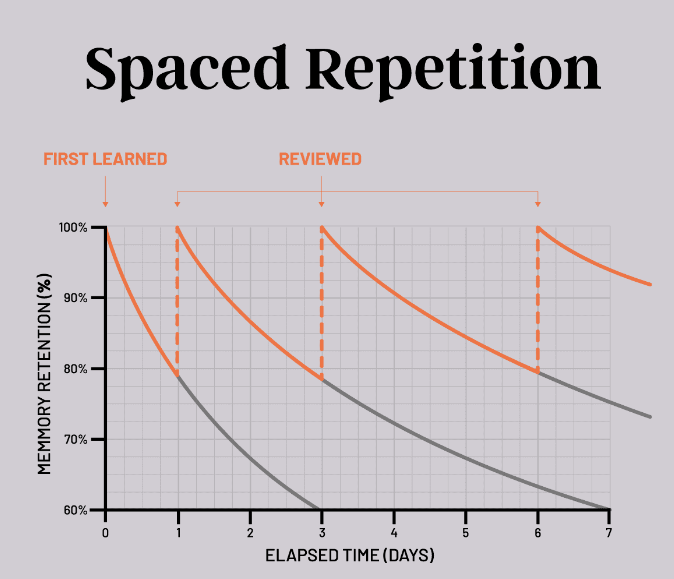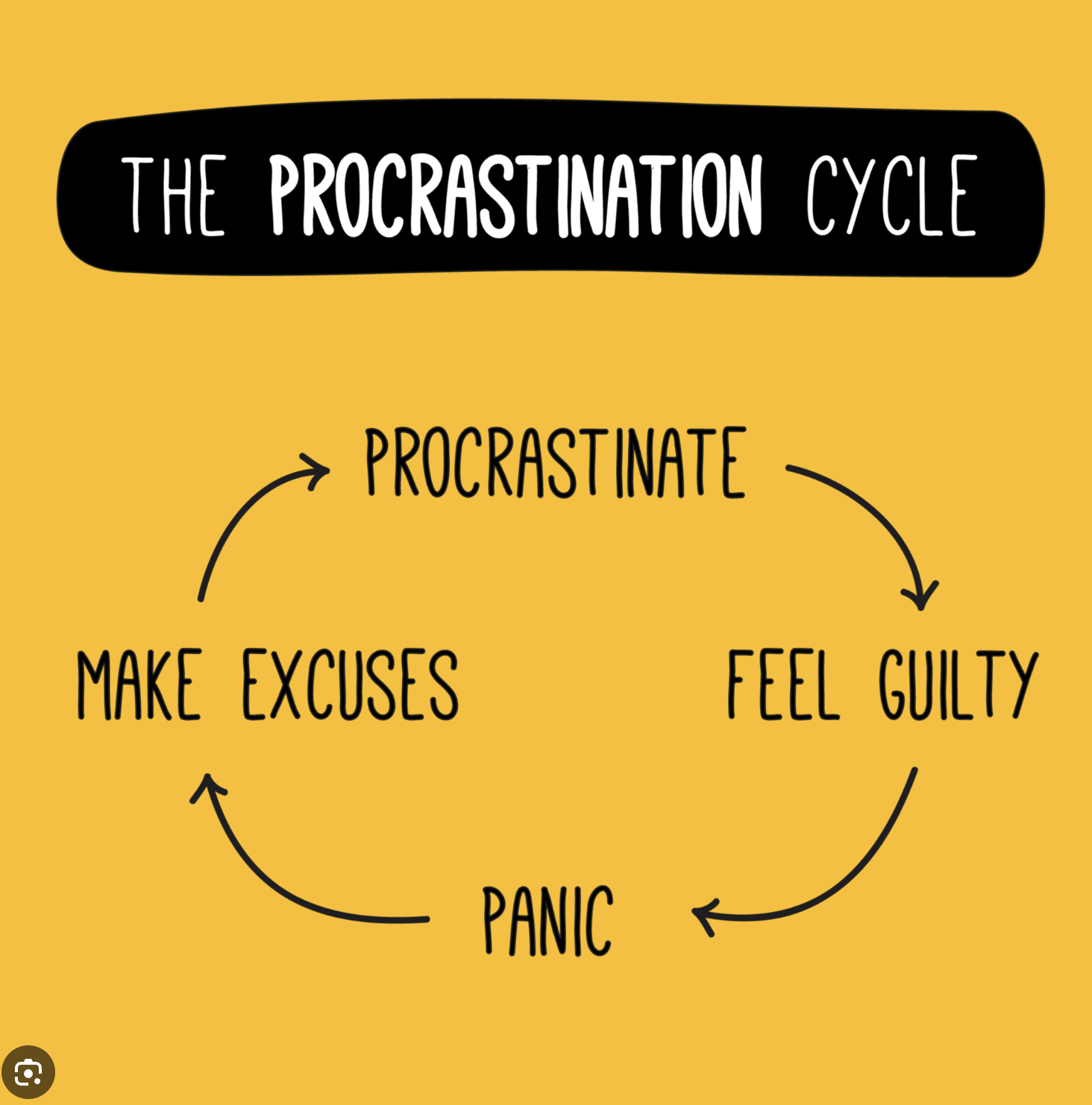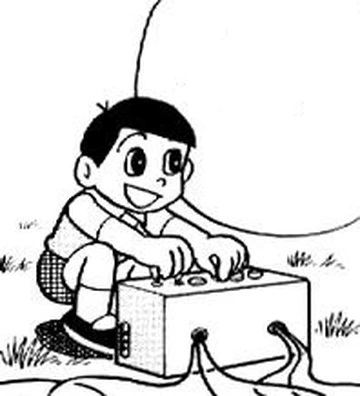Lặp lại ngắt quãng - Spaced Repetition
Tue, 27 Aug 2024

Follow the stories of academics and their research expeditions

Procrastination is the unwelcome friend we all know. It's that nagging voice telling us to put off tasks, even when we know we shouldn't. We often feel guilty or frustrated with ourselves for procrastinating, but the truth is, it's a common human behavior with deep-rooted causes. By understanding why we procrastinate and learning how to build better habits, we can break free from this cycle and achieve our goals.
The Procrastination Puzzle: Why We Put Things Off
Procrastination isn't simply laziness or a lack of discipline. It's often a complex mix of emotions, beliefs, and behaviors. Here are some common reasons why people procrastinate:
The Habit Loop: How Procrastination Works
Procrastination often follows a predictable pattern called the habit loop:
Breaking the Cycle with Better Habits
The good news is that procrastination isn't a life sentence. By understanding the habit loop and making conscious choices, we can rewire our brains and build habits that support our goals.
Here's where Ihabital comes in. Our platform is designed to help you become a lifelong learner and habit builder. We provide the tools and support you need to create positive habits that replace procrastination with productivity.
Conclusion:
Procrastination is a common challenge, but it doesn't have to control your life. By understanding the reasons behind your procrastination and embracing the power of habit formation, you can break free from this cycle and achieve your full potential. Ihabital is here to support you on this journey, providing the tools, guidance, and community you need to create lasting change. Remember, it's never too late to start building better habits and reclaiming control of your time and goals.
Tue, 27 Aug 2024

Tue, 27 Aug 2024

Mon, 26 Aug 2024

Leave a comment